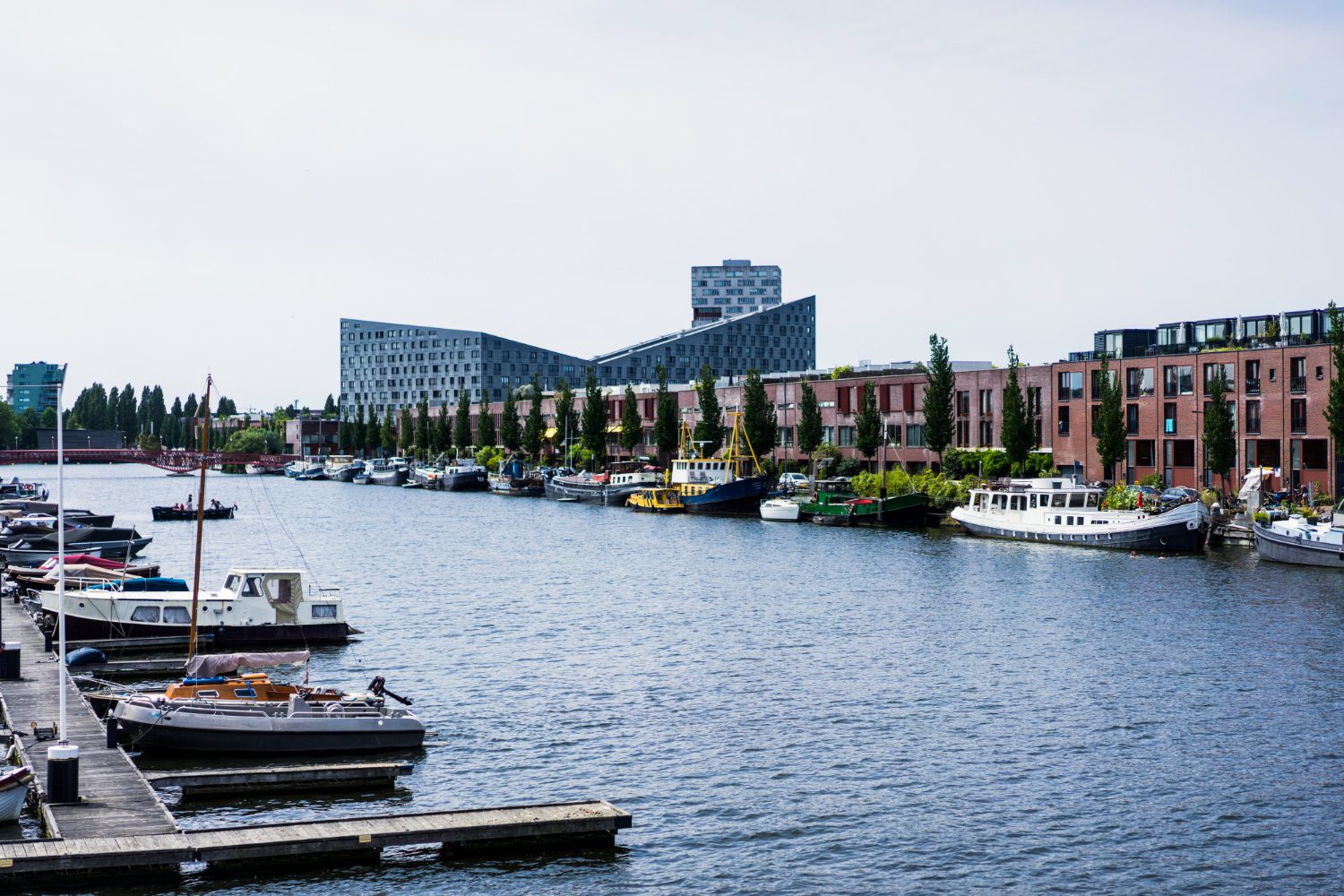The Netherlands, known for its robust monetary structure and progressive approach to technology, has emerged as a thriving hub for FinTech innovation. As the world increasingly adopts digital remittances and e-money transfers, the demand for Electronic Money Establishment (EMI) favors has grown significantly. In this article, we will explore the E-money license in Netherlands and its role in empowering FinTech firms to supply secure and efficient digital remittance solutions.
Adjustment Framework:
The Dutch monetary industry is regulated by the Dutch Central Bank (De Nederlandsche Bank, DNB) and the Netherlands Authority for the Monetary Markets (Autoriteit Financiële Markten, AFM). These adjustment authorities ensure the stability and integrity of the monetary system while safeguarding the interests of consumers and promoting fair competition.
EMI License in the Netherlands:
An EMI permission allows a firm to issue and manage e-money, as well as supply related remittance favors. This permission is granted by the DNB, following a thorough evaluation of the applicant’s conformity with adjustment demands.
Requirements for Acquiring an EMI permit:
To obtain an EMI license in the country, firms must fulfill certain demands and show their ability to comply with adjustment guidelines. Some key demands include:
- Legal Entity: The applicant must establish a legal entity, such as a Dutch private limited liability firm (Besloten Vennootschap, BV), to operate as an EMI in the Netherlands.
- Capital Demands: The firm must have sufficient initial and ongoing capital to support its operations. The DNB sets specific capital demands based on the scale and complexity of the EMI’s activities.
- Governance and Control: Effective governance structures, internal control mechanisms, and risk administration procedures must be in place to ensure sound and prudent operations.
- Fit and Proper Assessment: The DNB assesses the fitness and propriety of key individuals involved in the management and operations of the EMI. This includes evaluating their reputation, experience, and expertise.
- Security Measures: EMIs must demonstrate robust security measures to protect customer funds, prevent money laundering, and ensure data privacy. Adequate safeguards must be implemented to protect against cyber threats and fraud.
Benefits of an EMI License in the Netherlands:
- Adjustment Conformity: Operating as an EMI with a permission from the DNB demonstrates conformity with Dutch monetary adjustments. This enhances the credibility of the EMI and instills trust in both customers and business partners.
- Access to the EU Single Market: The Netherlands, as a member of the EU, supplies EMIs with access to the EU Single Market. This allows EMIs to passport their favors and operate in other EU member states without requiring additional permissions.
- Innovation and Partnership Possibilities: The Dutch FinTech ecosystem is vibrant and supportive of innovation. With an EMI license, firms can collaborate with other FinTech players, banks, and technology suppliers, fostering partnerships and exploring new avenues for growth.
- Digital Remittances: EMIs play a crucial role in enabling fast, secure, and cost-effective digital remittances. With an EMI license, firms can offer a range of favors, such as e-wallets, prepaid cards, and online remittance solutions, contributing to the development of a cashless society.
- Cunsomer Trust and Convenience: An EMI permission ensures that customer funds are protected and that transfers are conducted in a safe and regulated environment. This instills confidence in customers, leading to increased adoption of digital remittance solutions and enhanced convenience for consumers.
Conclusion:
The EMI permission in the country supply a gateway for FinTech firms to drive innovation in digital remittances and contribute to the evolution of the monetary industry. By meeting the adjustment demands set by the DNB, EMIs can operate with confidence, knowing that they are adhering to strict standards of security, conformity, and client protection. The Netherlands’ supportive adjustment environment, coupled with its advanced monetary infrastructure and tech-savvy population, creates a fertile ground for FinTech firms to thrive.
By obtaining an EMI permission, firms gain access to the EU Single Market, opening up vast opportunities for expansion and partnerships across the EU. Moreover, customers benefit from the convenience, security, and efficiency of digital remittance solutions offered by licensed EMIs.
It is worth noting that the EMI permission application process involves careful preparation, including detailed documentation, strong risk management procesess, and robust security measures. It is advisable for firms to seek legal and adjustment guidance to navigate the request process successfully and ensure conformity with the DNB’s demands.
As the world increasingly embraces digital remittances, the EMI permission in the country positions FinTech firms at the forefront of this transformative industry. With their innovative solutions, secure programs, and adjustment conformity, EMIs are driving the evolution of monetary favors, contributing to a more seamless, inclusive, and technologically advanced remittance ecosystem.


